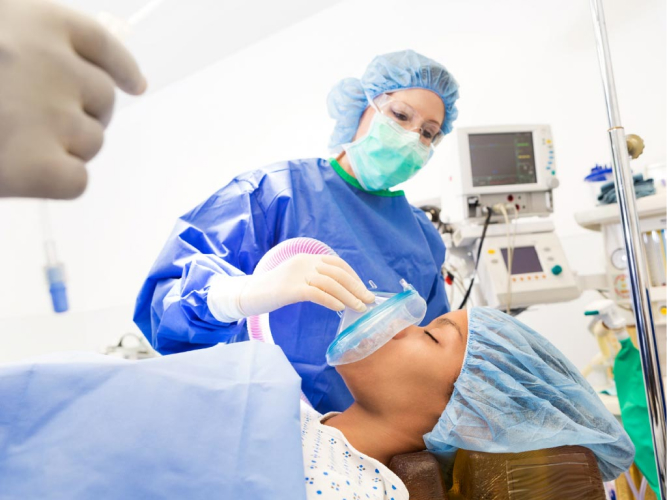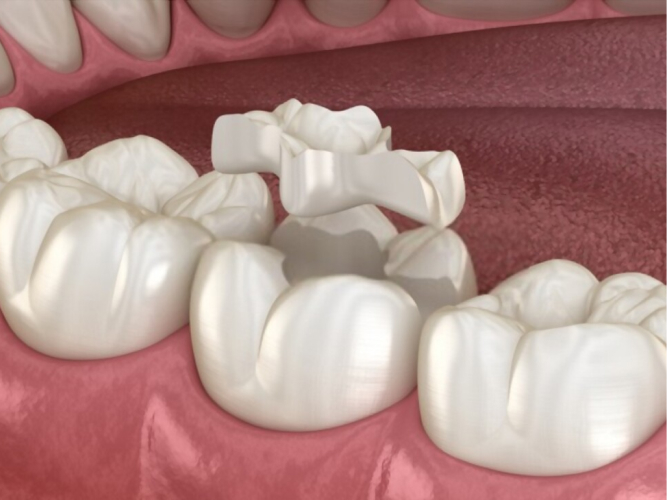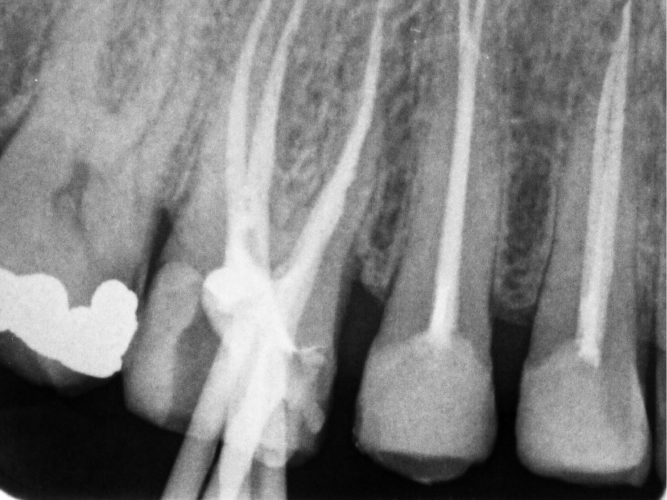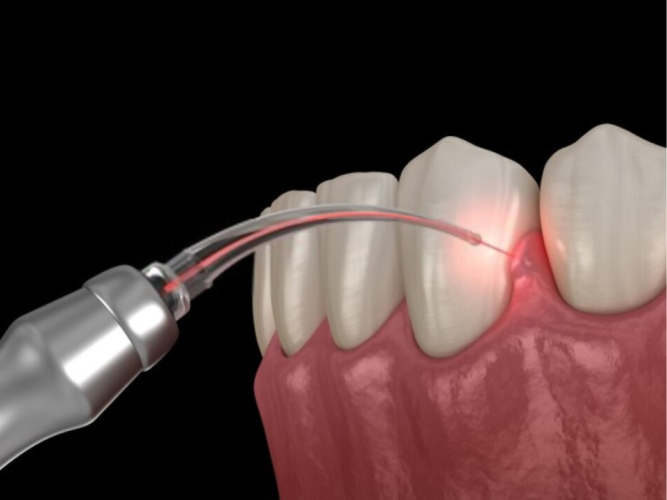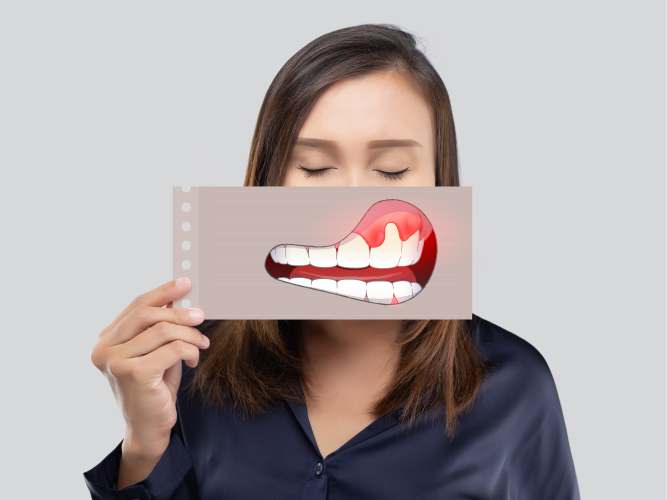Other Treatments
Dentince Kids - Pedodontics
What are the methods for protecting oral and dental health in children?
First Dental Visit
Infants should be seen by a dentist after the first six months By this time, their first teeth (primary teeth) will begin to erupt.
It is essential that keeping the primary teeth healthy because their development effect the stage for the permanent adult teeth.
Positive Dental Experiences
At Dentince Dental Clinic , we're committed to helping children feel safe and have fun during their dental appointments.
Our dentists and team will work with you and your child to make visiting the dentist a positive experience.
Preventive Hygiene
Visiting the dentist for regular exams and cleanings will help your child preserve their baby teeth until they are ready to fall out and be replaced by the adult teeth.
Your dentist can teach you proper brushing and flossing techniques with your child.
Restorative Services
If your child is at risk of decay, develops a cavity, your dentist may also recommend restorative treatments such as dental fillings.fissur sealants.
What is fissur sealant?
One of the most important methods for protecting the oral and dental health of children, fissure sealant application aim to prevent the decay-producing bacteria from penetrating the teeth deeper.
How is the fissur sealant applied?
In children, grooves on the tooth surfaces are covered with a protective gel for the fissure sealant application. This way, the grooves we call fissure are transformed into a flatter structure and reduces the accumulation of food waste in these areas.
Is thumb-socking a big problem?
Eventually these habits may become a problem, and these behaviors need to stop once the child’s permanent teeth begin to emerge. The sucking action can actually cause your child’s teeth to misalign at that point. We can fit your child with a mouth appliance to help eliminate these behaviors.
Who is a pedodontist or pediatric dentist?
Pediatric dentists who are interested in pedodontics and help protect the health of children between the ages of 0-13 until their primary teeth start eruption and falling out.
What happens on the first visit?
Your child meets the dentist or pedodontist and has an opportunity to get used to the dentist’s high-tech chair. This consultation mainly involves just a visual inspection, making sure there’s nothing unusual with the child’s teeth and gums. The dentist play some funny games with the kid.
The dentist answer any questions of the parent!
As well as doing an oral examination, the dentist assesses the child’s growth and development and identifies any risk of dental decay, as well as educating the child (and parent) on brushing techniques and the importance of healthy nutrition on teeth.
Easy tips to be prepared
Kids can easily pick up on anxiety in their parents. If a child has any concerns, it’s important to explain that dental visits are a regular occurrence for everyone to help keep people healthy. Keep it matter-of-fact without using any negative words such as ‘pain’, ‘drill’ or ‘needle’.
How can children keep their teeth healthy?
It’s important to brush twice a day, but they generally need help to get the right technique – usually children need a parent’s help to brush and floss until they are seven or eight years of age.
Teach your child how to brush with a small, circular action while keeping the toothbrush angled at 45 degrees towards the gum line. Also, the child needs to start flossing once the teeth are touching – usually between the ages of two and three. Kids love a good routine so try to have teeth cleaning take place at the same time each day - for example after breakfast, and just before bed.
Also ensure your child has a variety of nutritious foods, particularly fruit and vegetables, and mainly drinks tap water, followed by milk. Try to avoid sugary or highly processed foods, and sugary drinks like juice or fizzy soda.
Dental Emergencies
If you face a dental emergency, give us a call immediately. I We are always here to assist when your child’s dental health is at risk. Below are tips on dealing with urgent dental situations.
Bitten Lip Or Tongue
If your child has bitten their lip or tongue severely enough to cause bleeding, clean the bite gently with water and use a cold compress to reduce or avoid swelling. Give us a call to help determine how serious the bite is.
Object Caught In Teeth
If your child has something caught between their teeth, use dental floss to gently remove it.
Broken, Chipped, Or Fractured Tooth
If your child has chipped or broken a piece off of their tooth, have them rinse their mouth with warm water, then use a cold compress to reduce swelling. Try to locate and save the tooth fragment that broke off. Call us immediately.
Knocked Out Tooth
If your child’s tooth has been knocked out of the mouth, find the tooth and rinse it with water (no soap)). Place the tooth in a clean container with milk. Call us immediately and/or head to the hospital. If you act quickly it's possible to save the tooth.
Loose Tooth
If your child has a very loose tooth, it may need to be removed to avoid being swallowed or inhaled. Please call our clinic to discuss with the doctor.
Toothache
If your child complains of a toothache, rinse their mouth with warm water and inspect the teeth to be sure there is nothing caught between them. If pain continues, use a cold compress to ease the pain. Do not apply heat or any kind of aspirin or topical pain reliever directly to the affected area, as this can cause damage to the gums. Schedule an appointment immediately.
Broken Jaw
If you know or suspect your child has sustained a broken jaw, use a cold compress to reduce swelling. Call our emergency number and/or head to the hospital immediately. In many cases a broken jaw is the result of a blow to the head. Severe blows to the head can be dangerous and even life-threatening.
Avoiding Injury
You can help your child avoid dental emergencies. Child-proof your house to avoid falls. Don't let your child chew on ice, popcorn kernels, or other hard foods. Always use car seats for young children and require seat belts for older children. And if your child plays /en/contact-us sports, have them wear a mouthguard. Ask us about creating a custom-fitted mouthguard for your child. Finally, prevent toothaches with regular brushing, flossing, and visits to our office.
